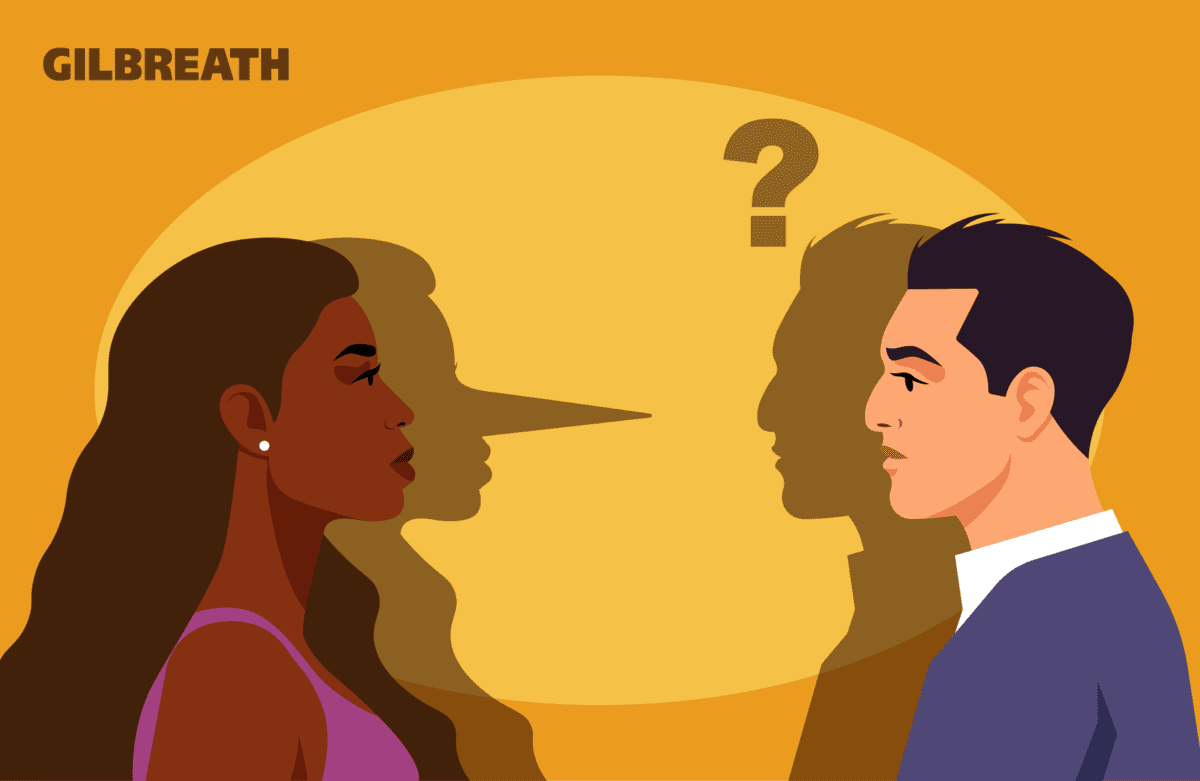Why “body language” should never be a speed read…

By Wayne Hall
Senior Copywriter
Whether you’re in a zoom meeting, having a personal conversation, giving a speech or participating in a debate, communication always goes beyond words. Countless TED talks, podcasts and books have covered the issue of body language for years, and will continue to do so. Typical questions include:
Do you break eye contact too soon? It may make you seem untrustworthy.
Do you sigh noticeably while listening to someone else talk? If so, you may seem bored or possibly disrespectful.
Do you stay quiet when someone eagerly begins talking about a trending news item?
Well, here is another kind of “Do you” question:
Do you get psyched out every time you read the latest psych-out article about all the potentially negative messages you send to various people who “read” your body language?
If so, forget about your body language. The actual problem may be your own anxiety resulting from what you’ve heard and read about … body language.
When we become overly sensitive to other people’s perception of us, some of us fall into a series of second-guess moments — psychological and physical — which keep us uncomfortably self-conscious about the way people react to us.
A timely article in Psychology Today took a closer look at Body Language Misreads. While the author, Dianne Grande, Ph.D., confirms that body language is indeed a good way to determine a person’s sincerity and true intentions, she also notes that no visual “tell” is 100 percent accurate.
“Any one behavior could easily have another explanation. For example, someone who has dry eyes might blink very frequently,” Grande says. “A person who is generally anxious and yet honest might do a lot of self-soothing, such as massaging their own hands or shoulders. However, when several different behaviors are seen together, the odds increase that the person is being deceptive.”
When someone’s physical language causes uncertainty or curiosity, the quickest way to avoid wrong assumptions is to simply ask a direct question, as suggested in a PsychCentral article entitled, Lips, Eyes, and All That: Reading and Understanding Body Language:
Someone might have a blank expression on their face that you might take for disinterest or even anger. But this isn’t always the case. Maybe that expression is how they express contentment — or maybe their thoughts are somewhere else entirely.
Where socially appropriate, you may consider asking for gentle clarification to match emotions with facial expressions. You might ask, “How are you feeling about what I just said?”
And giving the benefit of the doubt to everyday people with whom we interact is not all that difficult when we consider that some of the world’s most powerful and influential people — in presidential debates, for example — have been seen verbally and physically displaying the most rude and discourteous behavior.
The last few years have taught people all over the world how circumstances can affect our behavior. Keep in mind that during the worst days of the pandemic, we couldn’t even see each other’s lips moving most of the time. A lot of our “bad impressions” of each other can probably be cleared up by just calmly asking someone, “How’s it going?”
